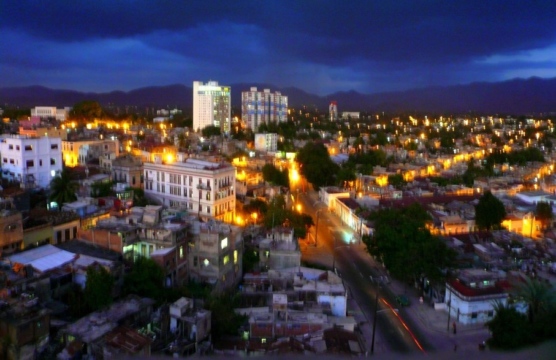
How Interested Are Companies in Cuba?
What benefits and drawbacks will companies encounter in investing in Cuba?
What benefits and drawbacks will companies encounter in investing in Cuba?
To remain competitive, Brazil will have to revise its regulations and reverse many of the reforms instituted just a few years ago.
How will increasing Asian investment in Latin America influence economics and politics in the region?
The establishment of diplomatic relations between the US and Cuba could lead to new opportunities for US firms.
As global oil prices collapsed over the last two years, regional governments have started to lose their leverage in the energy industry. To attract international investors, they must offer increasingly favorable terms, which means ceding more of their own control.
Cuts to Washington’s energy engagement could undermine the connections that help support U.S.–Latin American cooperation on issues from security to immigration. When it comes to weakening energy integration in the Americas, there are few winners.
The Amazon rainforest, one of the world’s most important ecosystems, faces environmental impacts from hydroelectric dams, oil and gas drilling sites, and mining projects. A new database and analysis by the Inter-American Dialogue reveals that state-owned enterprises, as well as small and mid-sized international companies from a handful of countries, operate the largest share of such projects in the Amazon region, meaning these companies have a substantial influence over the implementation of environmental and social safeguards.
While the market inherently lacks the ability to discriminate between democratic and undemocratic regimes, the identification of autocracy as a tangible risk factor is crucial. Investors must recognize that supporting non-democratic regimes ultimately undermines their own interests.
In an interview with BBC’s Business Daily, Lisa Viscidi, director of the Energy, Climate Change, and Extractive Industries Program, discussed President Biden’s climate foreign policy, deforestation in the Amazon, and US-Brazil relations.
In an interview with The Science of Where Magazine, Lisa Viscidi, director of the Energy, Climate Change, and Extractive Industries Program, and Sarah Phillips, program assistant, discussed Latin America’s progress toward the energy transition and its geopolitical implications.
Rebeca Grynspan will be appointed as the next secretary-general of the United Nations Conference on Trade and Development (UNCTAD) under UN Secretary General António Guterres.
On June 14, the Atlantic Council and the Energy Futures Initiative held a webinar on the role of natural gas in the transition to zero-carbon energy systems. Lisa Viscidi, director of the Energy, Climate Change & Extractive Industries Program at the Dialogue, spoke about financing natural gas infrastructure in Latin America.
Michael Shifter, President of the Inter-American Dialogue, was interviewed by CGTN about the relations between China and Latin American countries. The conversation covered a wide array of topics ranging from the recent bilateral meetings that Chinese President Xi Jinping held with Argentine President Alberto Fernandez and Ecuadorian President Guillermo Lasso, as well as the stark contrast between Chinese and US influence in the Americas.
On February 17, 2022, the Inter-American Dialogue hosted a private roundtable with Colombian Finance Minister José Manuel Restrepo. The discussion centered on the country’s economic outlook for the next year and the measures needed for it to recover from the Covid-19 pandemic.
On April 12, the Inter-American Dialogue and Boston University Global Development Policy Center co-hosted a public event to consider key trends in China-Latin America and the Caribbean (LAC) economic relations.
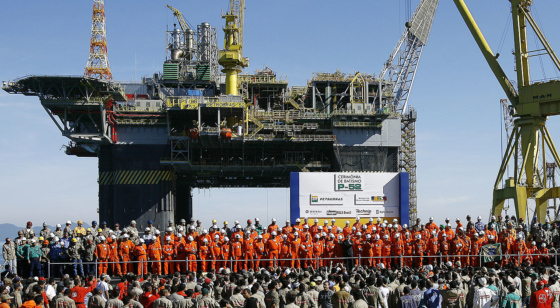
 Video
Video


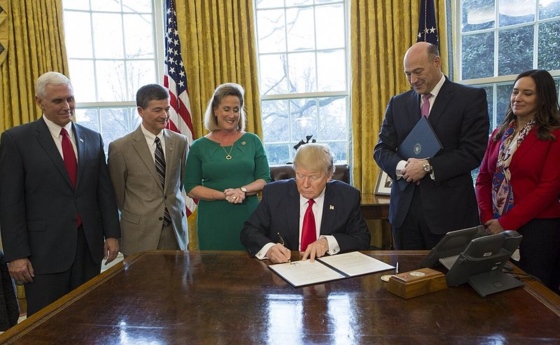
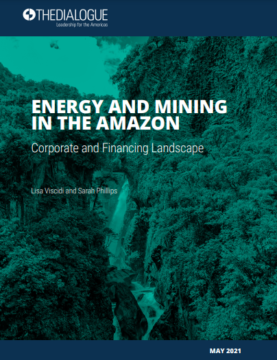
 Video
Video
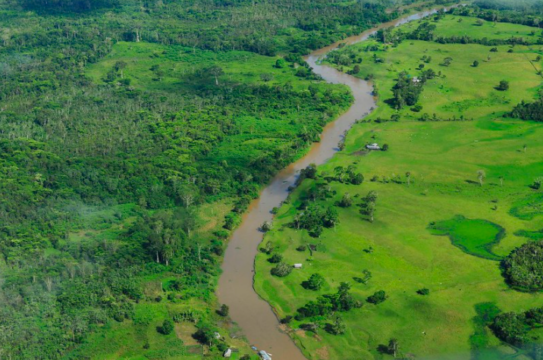 Video
Video
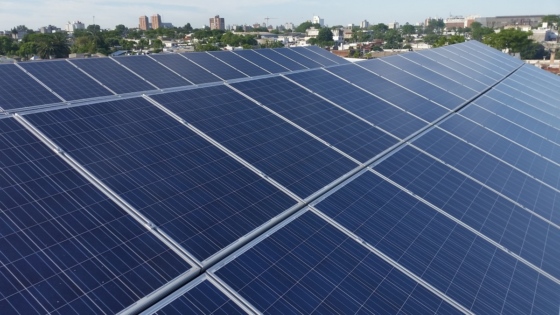

 Video
Video
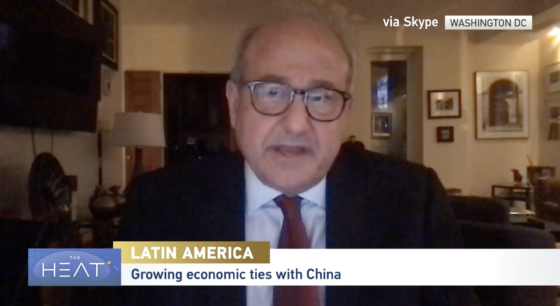 Video
Video

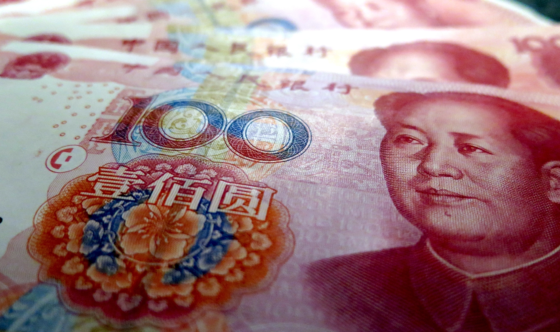 Video
Video